emergency goldfish deaths/water parameters ok?
mazela
13 years ago
Related Stories
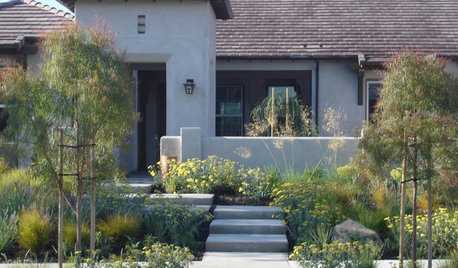
LANDSCAPE DESIGNGet Along With Less Lawn — Ideas to Save Water and Effort
Ditch the mower and lower your water bill while creating a feast for the eyes with diverse plantings and gathering places
Full Story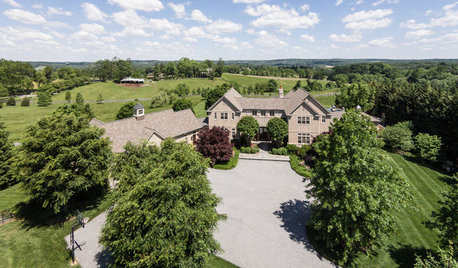
HOME TECHThe Inevitable Future of Drones Around Your Home
As Google joins the push for airborne deliveries, it seems only a matter of time before neighborhoods are buzzing with drones. Is that OK?
Full Story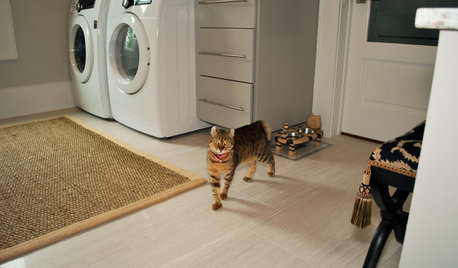
THE HARDWORKING HOMEA Laundry Makes Room for a Diva Cat
A South Carolina laundry room was designed to be sophisticated and functional, but when a kitten arrived, whimsy emerged
Full Story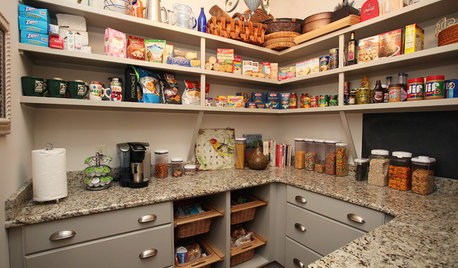
LIFEHow to Prepare for and Live With a Power Outage
When electricity loss puts food, water and heat in jeopardy, don't be in the dark about how to stay as safe and comfortable as possible
Full Story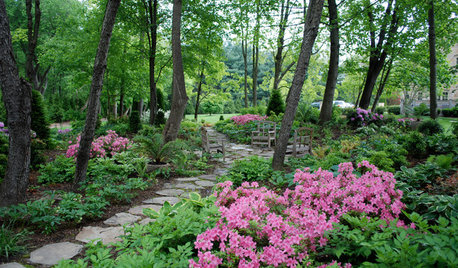
GREEN BUILDINGBuilding Green: How to Design a Healthier Landscape
Plant selection, water management, fire-prevention measures and more can ensure that your landscape is good for the planet and for you
Full Story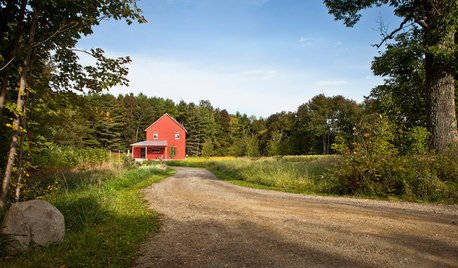
THE ART OF ARCHITECTUREFinding the Perfect Home for a New House
Sun, soil, water, topography and more offer important cues to siting your house on the land
Full Story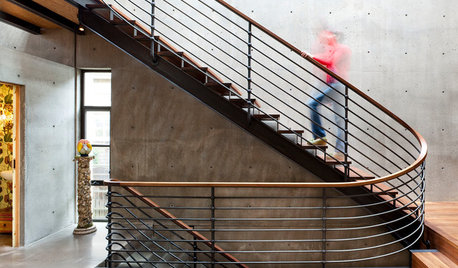
REMODELING GUIDESKey Measurements for a Heavenly Stairway
Learn what heights, widths and configurations make stairs the most functional and comfortable to use
Full Story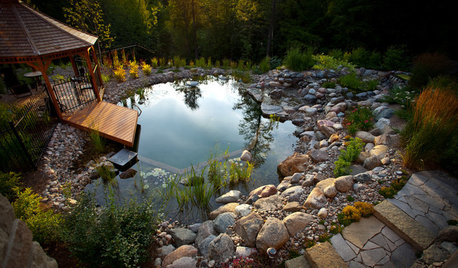
LANDSCAPE DESIGNNatural Swimming Pools: More Beauty, No Chemicals
Keep your skin and the environment healthy with a pool that cleans itself, naturally
Full Story
BEDROOMSThis Teen Girl's Room Has Total Grown-up Appeal
With a textured blue wall, a mod white bed and even a Lichtenstein, this teen's bedroom draws envy beyond her age group
Full Story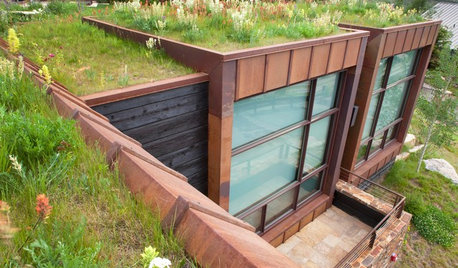
GREEN BUILDING6 Green-Roof Myths, Busted
Leaky, costly, a pain to maintain ... nope, nope and nope. Get the truth about living roofs and see examples from simple to elaborate
Full StorySponsored
Franklin County's Preferred Architectural Firm | Best of Houzz Winner
More Discussions






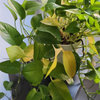
drh1
mazelaOriginal Author
Related Professionals
Reading Landscape Architects & Landscape Designers · Otsego Landscape Architects & Landscape Designers · Suffern Landscape Architects & Landscape Designers · Wilmington Landscape Contractors · Beverly Hills Landscape Contractors · Canyon Lake Landscape Contractors · Fair Oaks Landscape Contractors · Fort Wayne Landscape Contractors · Homewood Landscape Contractors · Munster Landscape Contractors · Newnan Landscape Contractors · Norristown Landscape Contractors · Parker Landscape Contractors · San Pedro Landscape Contractors · San Rafael Landscape ContractorsmazelaOriginal Author
drh1
mike_il
mazelaOriginal Author
fishguru2u
mazelaOriginal Author
drh1
mazelaOriginal Author
drh1
mazelaOriginal Author
mazelaOriginal Author
drh1
mazelaOriginal Author
drh1
mazelaOriginal Author
drh1